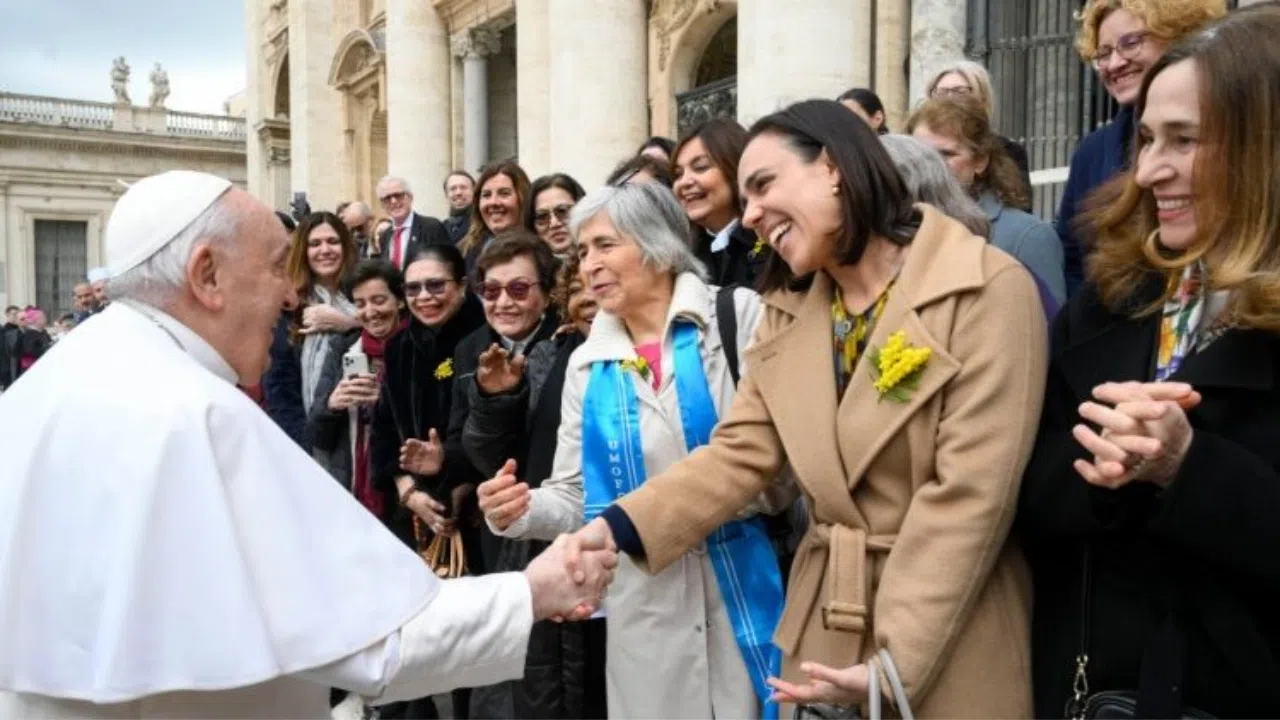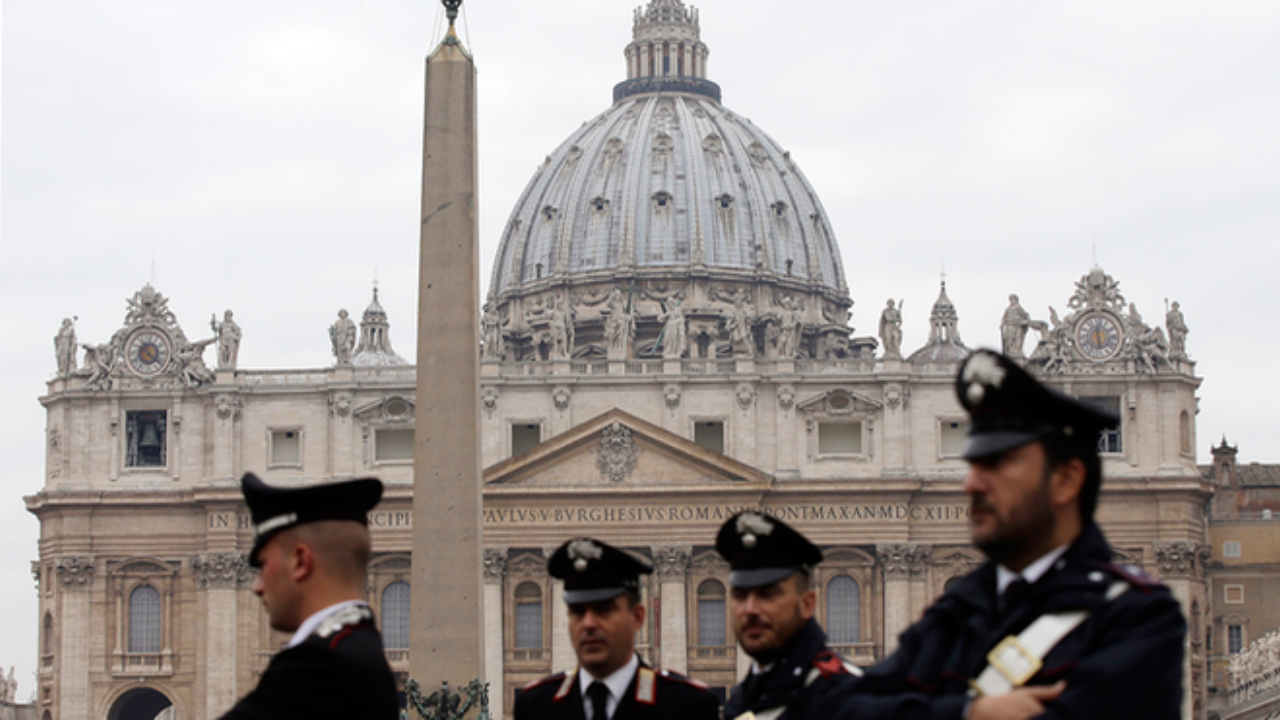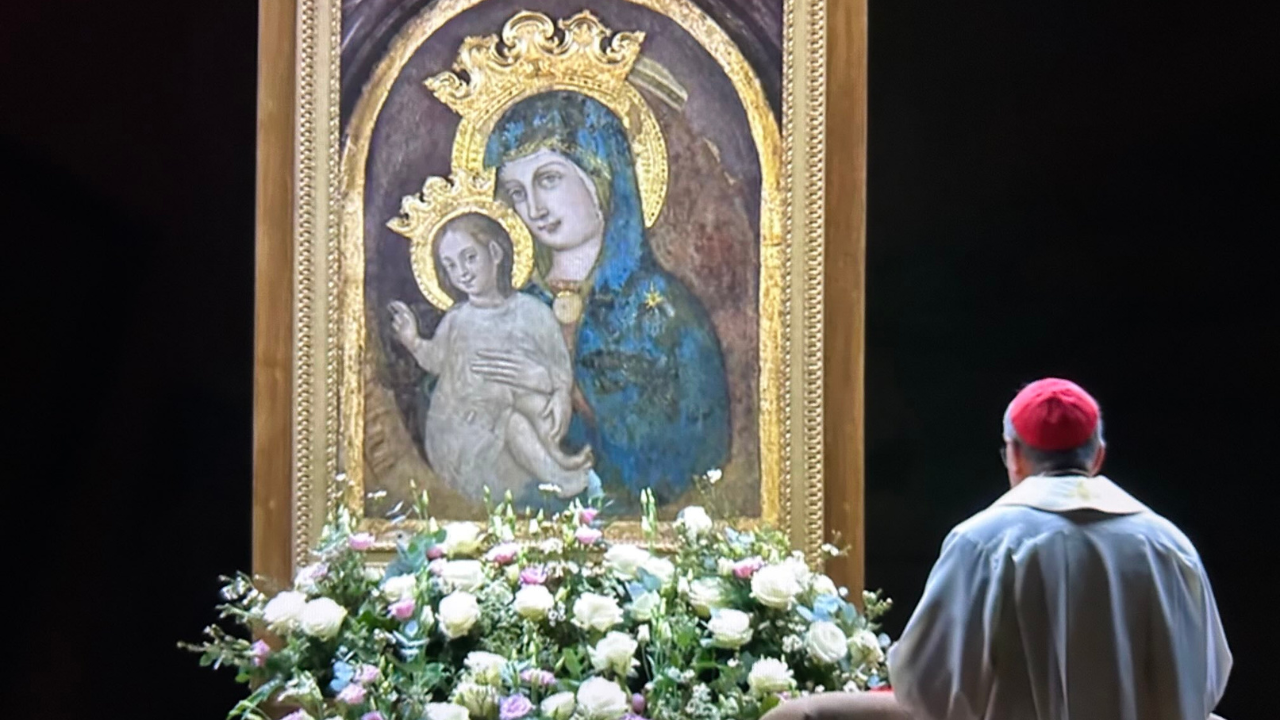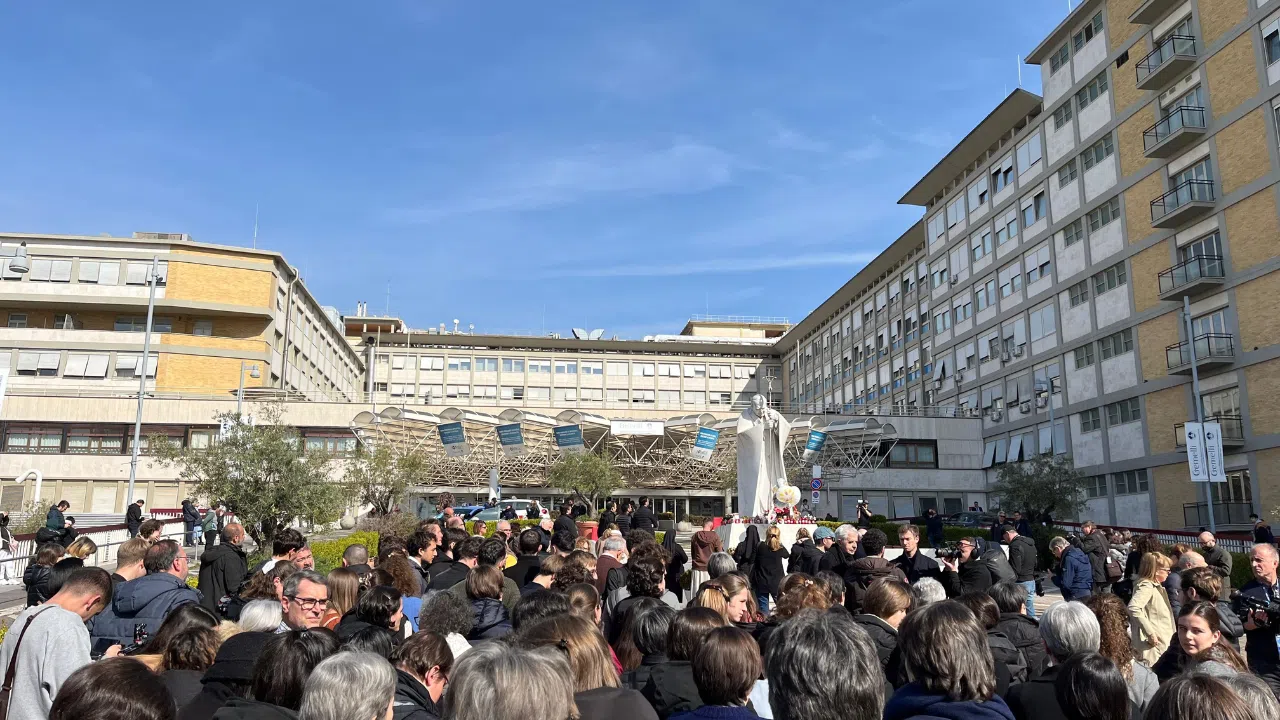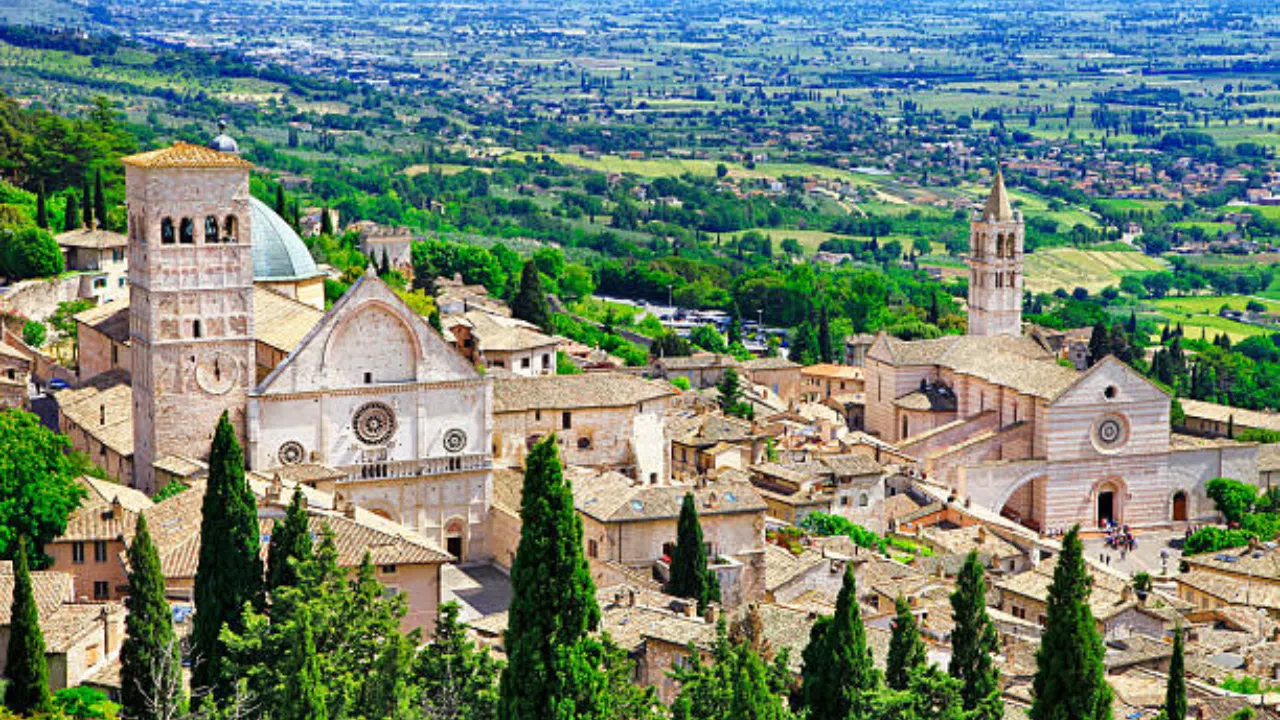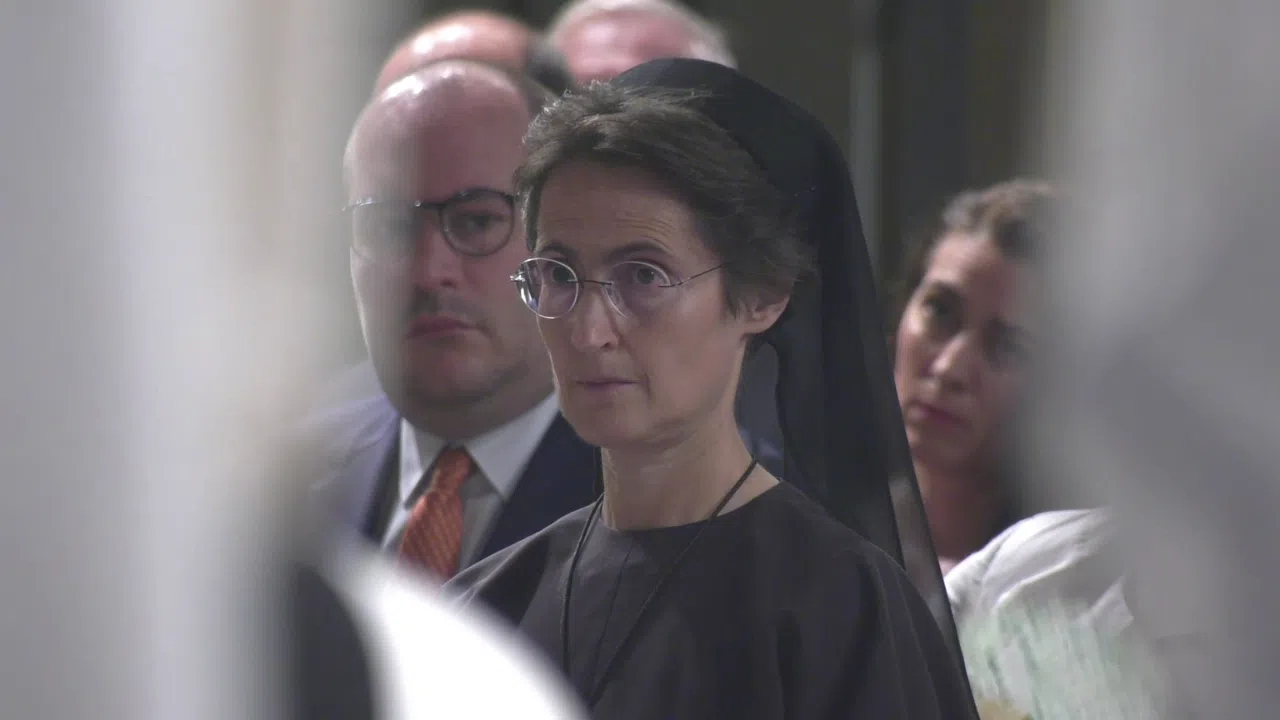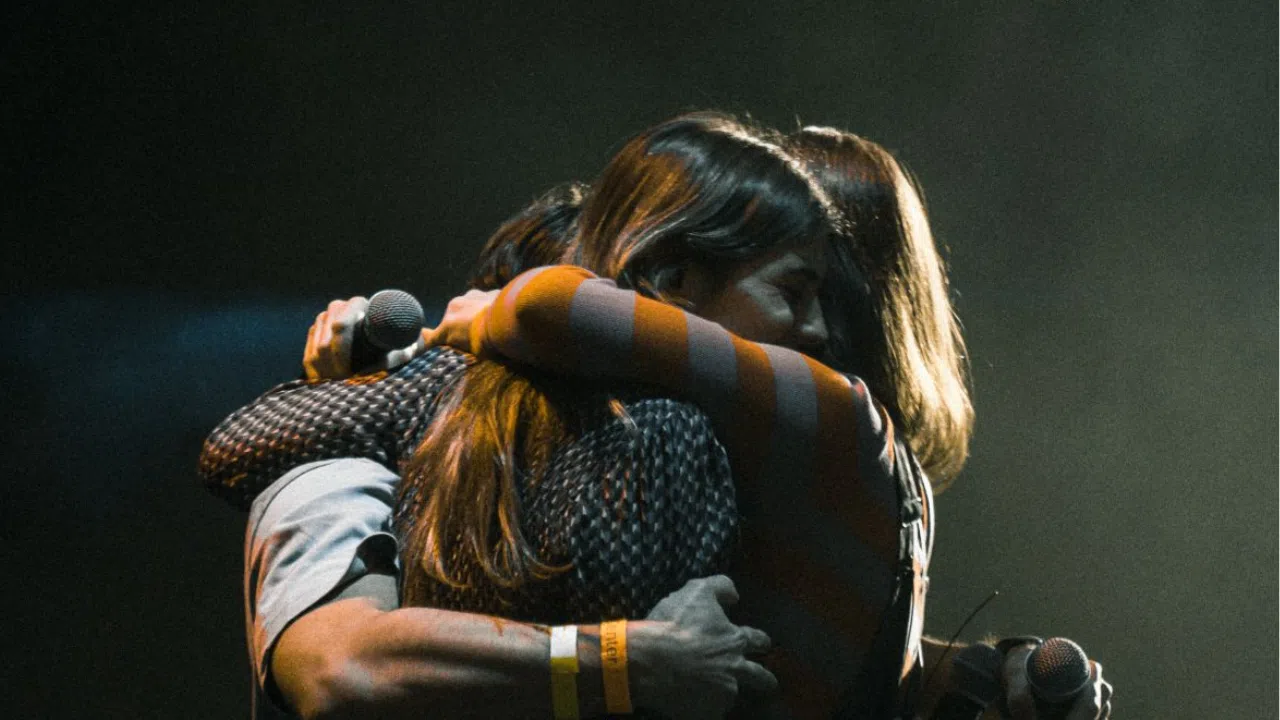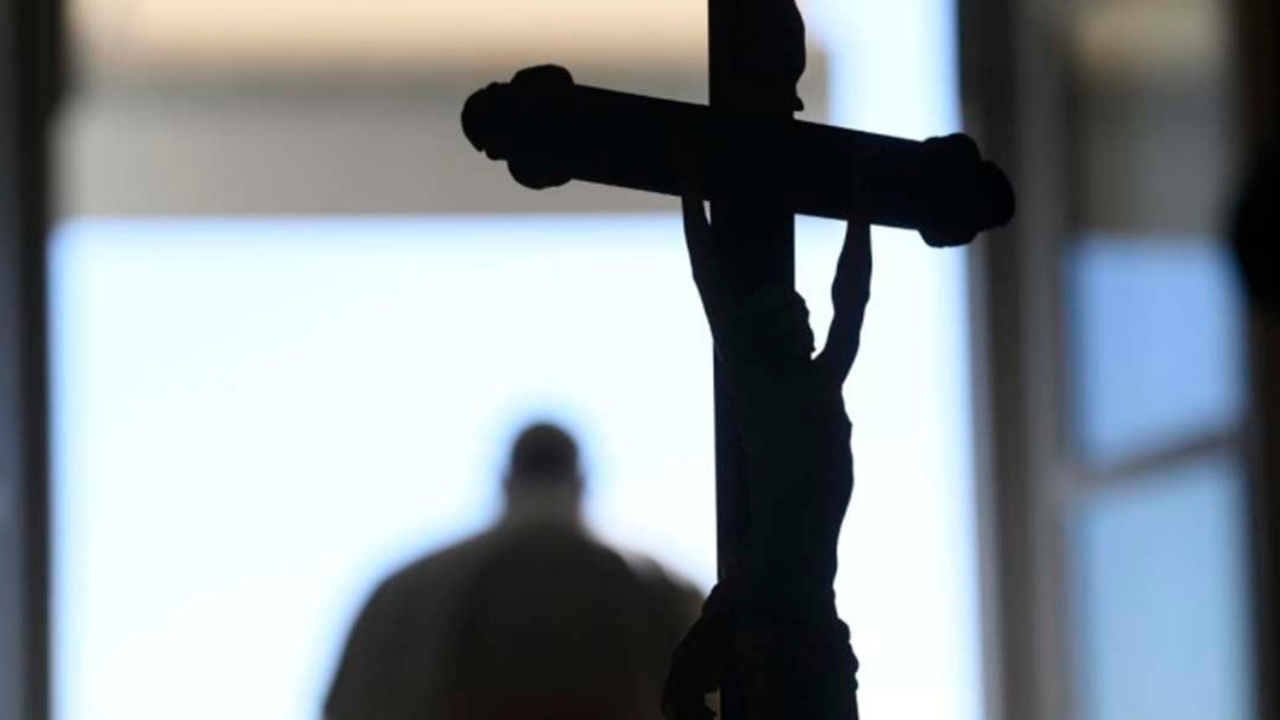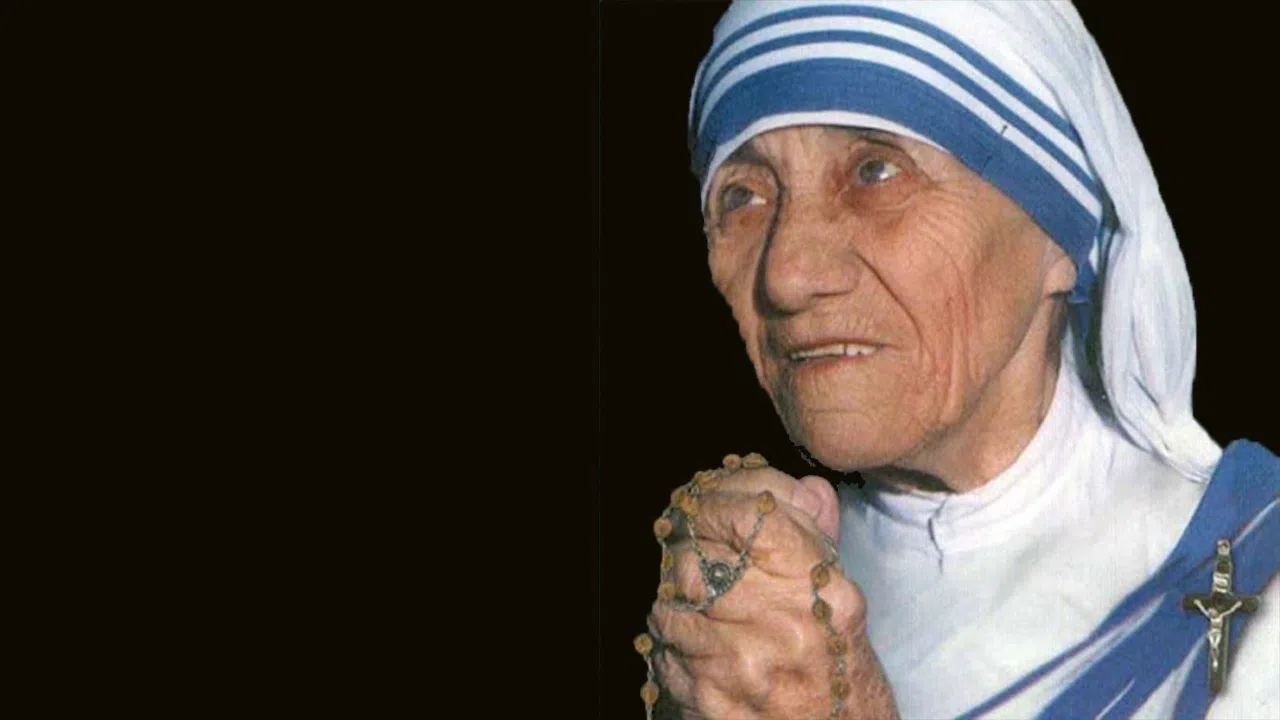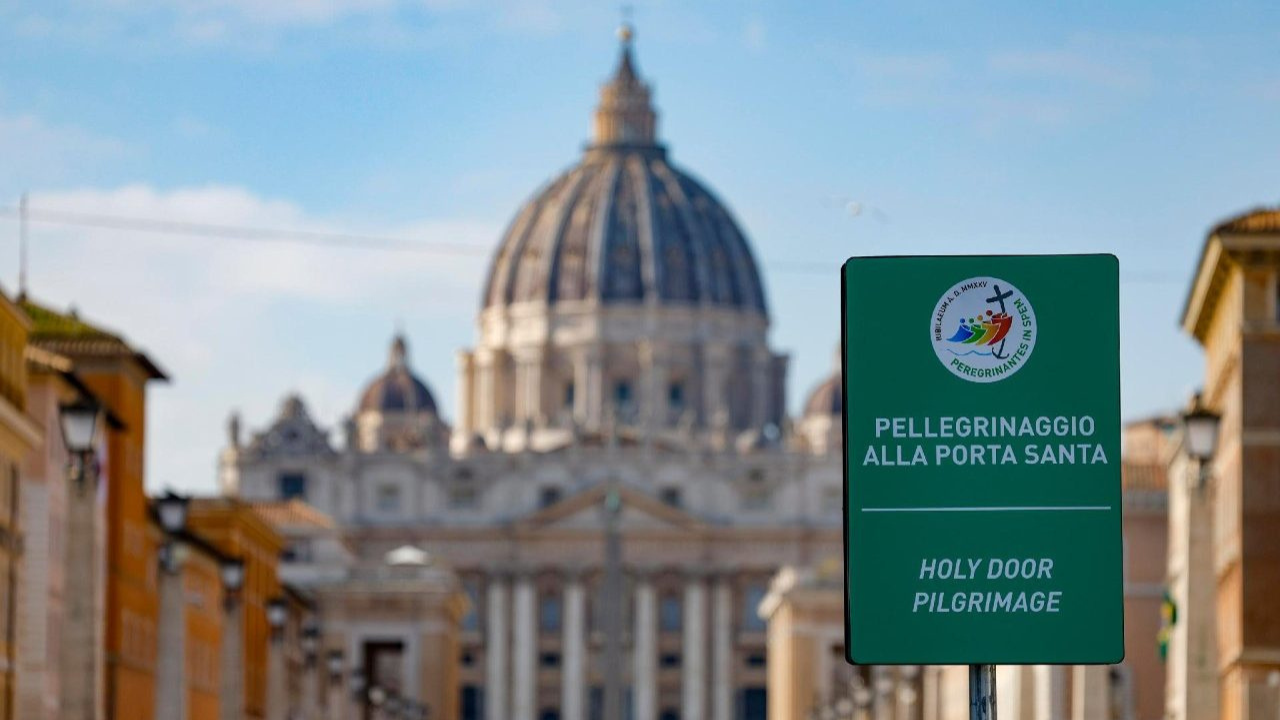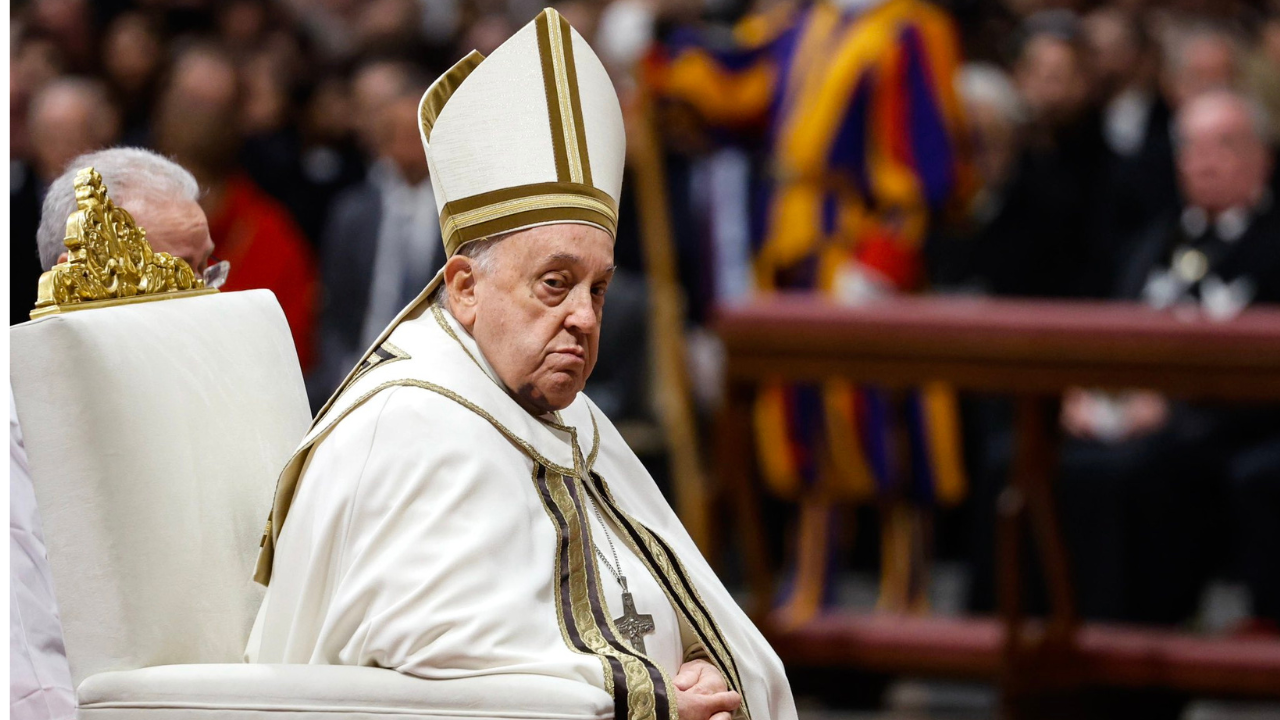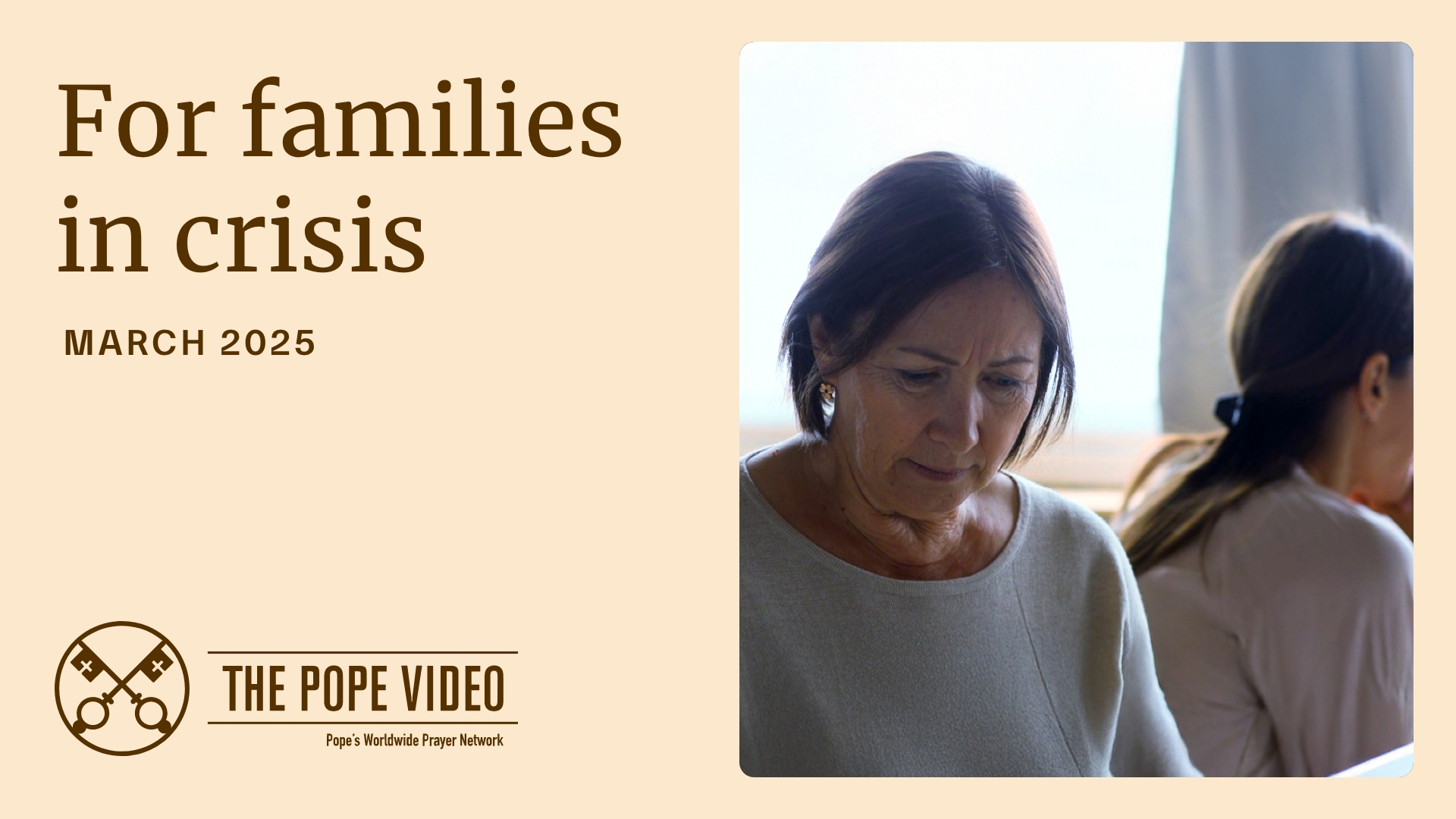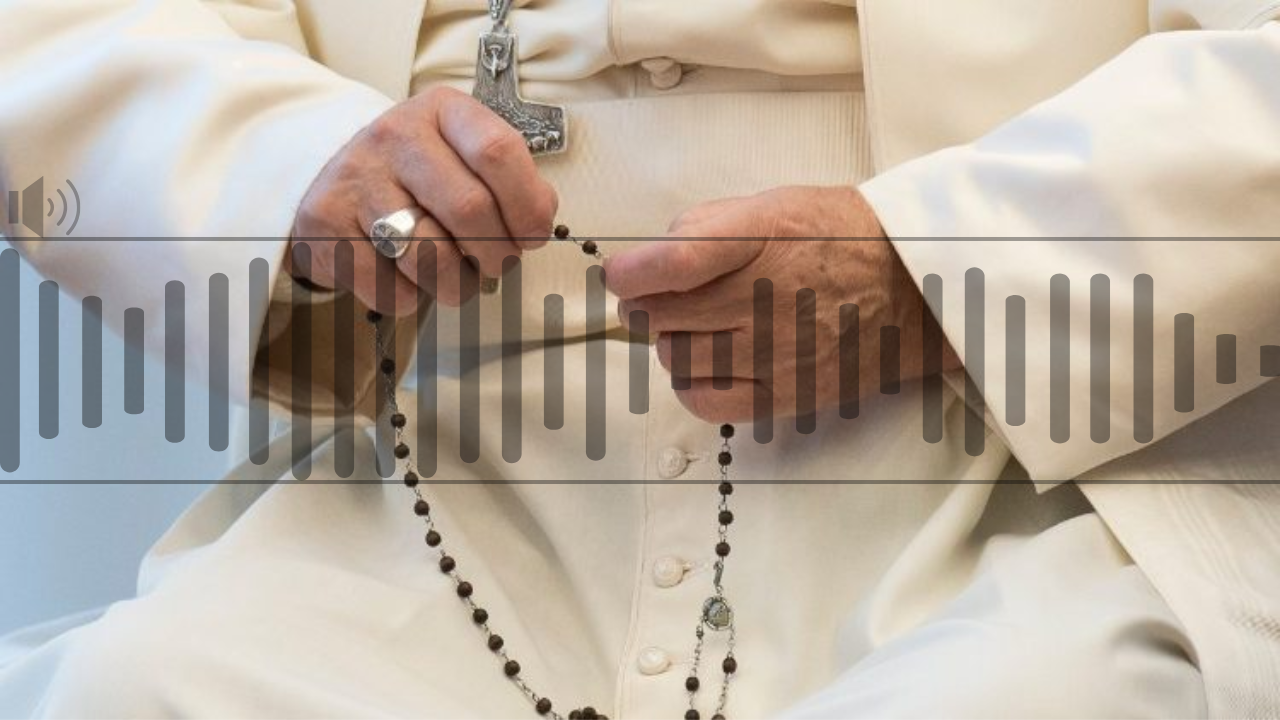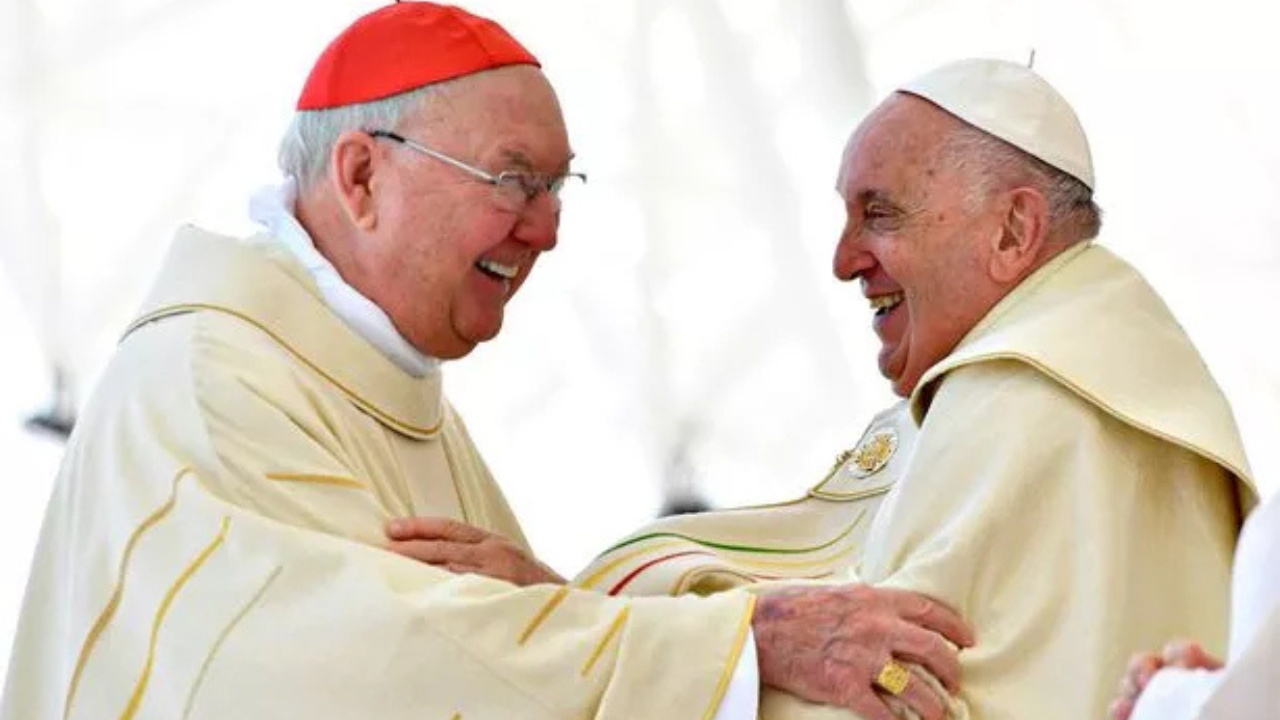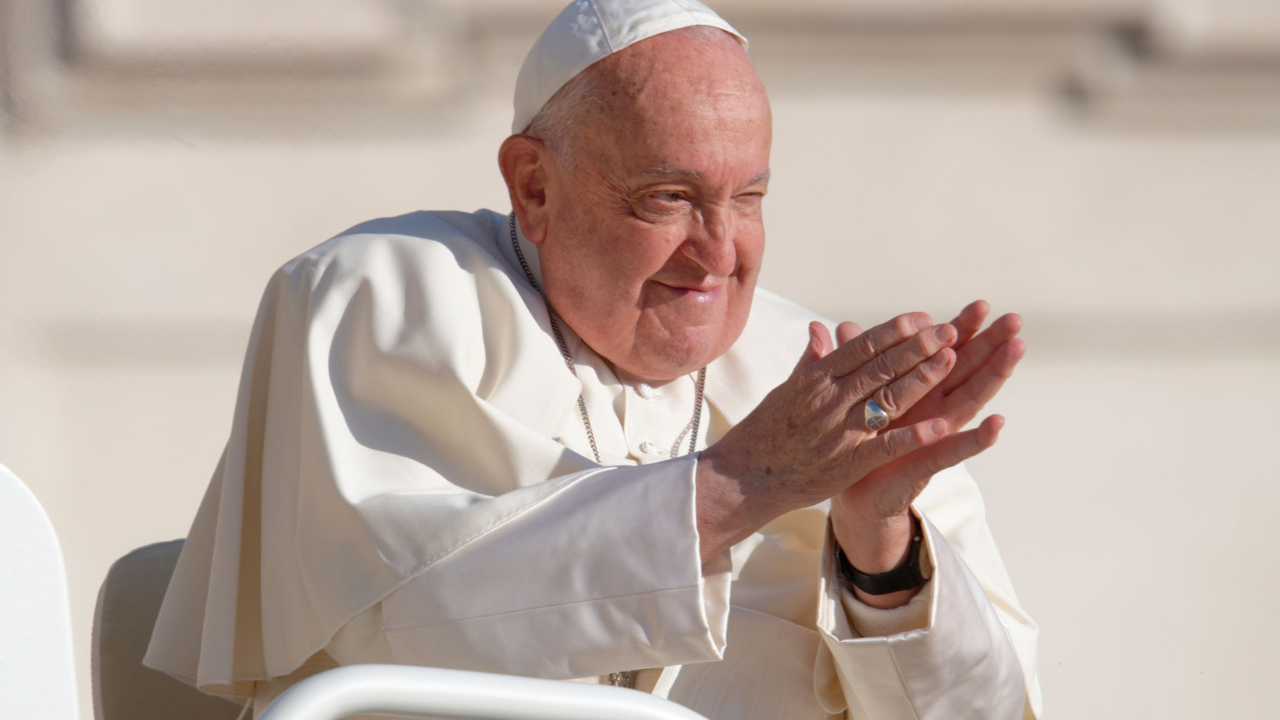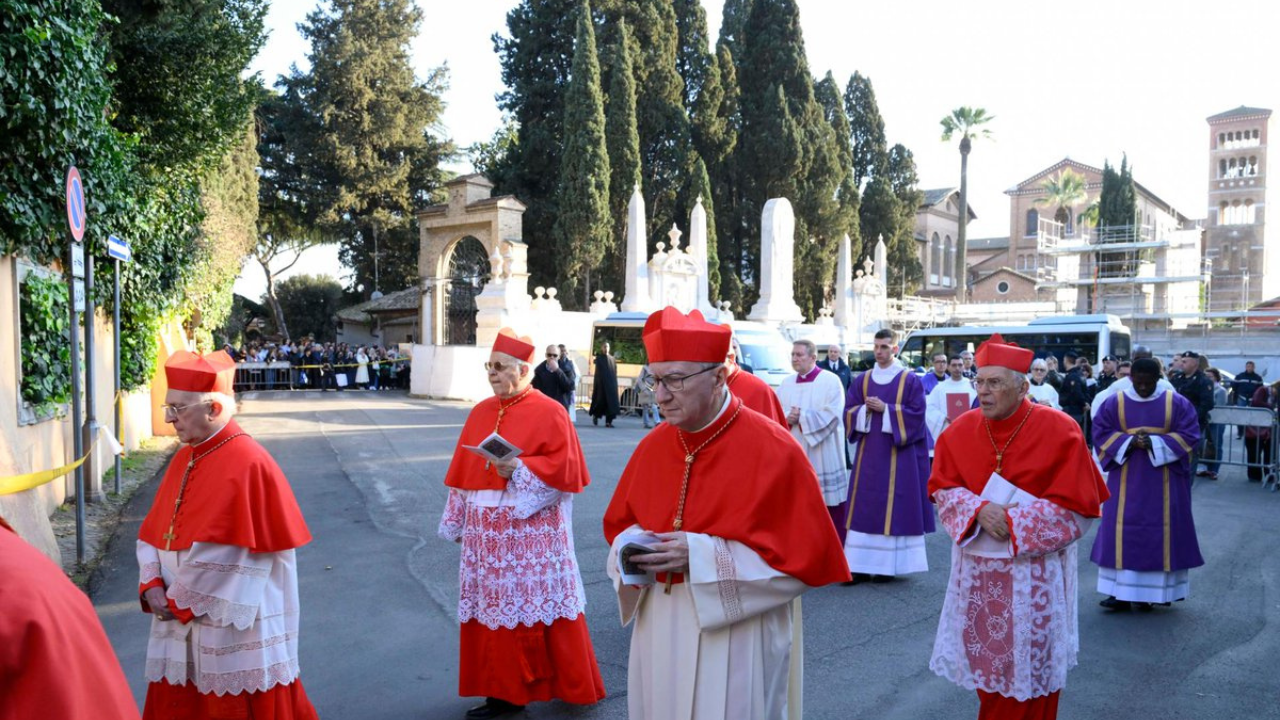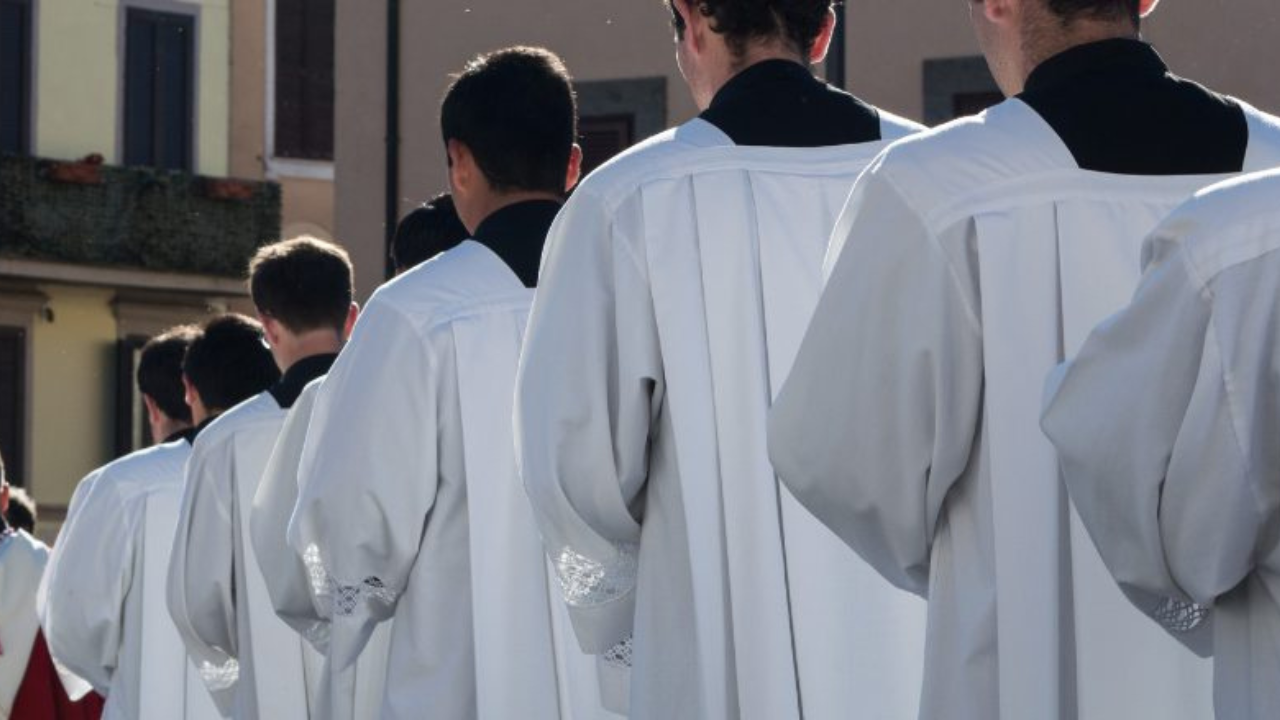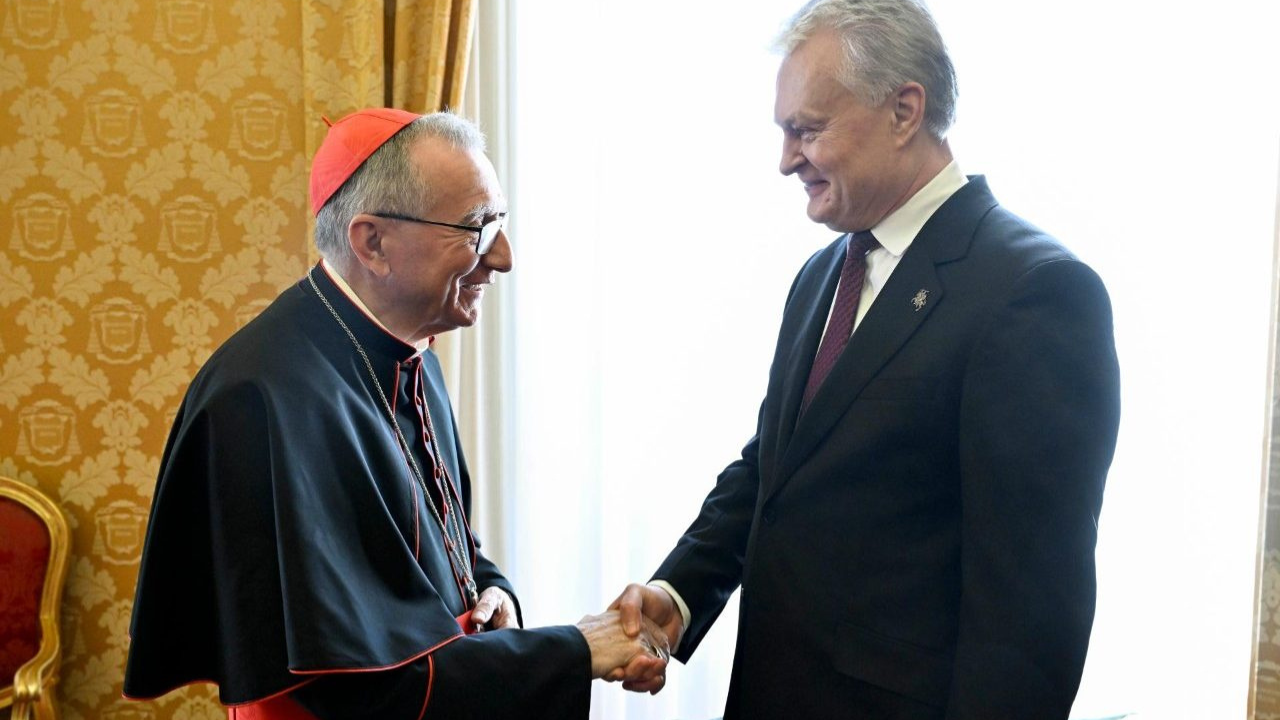The war in Ukraine highlights a very beautiful display of unity and understanding among the majority of the churches in the country.
FR. DAVID E. NAZAR, S.J.
Rector, Pontifical Oriental Institute
I'll give you one very good example. There's a Latin rite Jesuit priest in a small city in Ukraine, who catechizes his children, he just gives the normal catechism to children. There's a Greek Catholic Church, and there's an Orthodox Church. They don't have someone who teaches the children, so they all send their kids to this Latin rite priest.
This climate of understanding and community extends to all churches in the country, all except the Russian Orthodox Church.
FR. DAVID E. NAZAR, S.J.
Rector, Pontifical Oriental Institute
A very sad thing that commentators will say is that if Putin says one thing today, the head of the Russian Orthodox Church will say the same thing tomorrow, but he'll put the word God into the sentence.
Fr. Nazar desrcibes this spirit of religious respect reaching beyond churches and moving into the political sphere. He recalls how the mayor of Kyiv responded to the Greek Catholic archbishop's offer to help.
FR. DAVID E. NAZAR, S.J.
Rector, Pontifical Oriental Institute
And Klitschko, the mayor of the city said, 'Preach. We need to hear the word. We need to feel encouragement; we need to somehow feel the consolation of God in this very difficult time.'
But that's an expression of Ukrainian culture that wants to hear the word. It's a very strong aspect of spirituality within the culture that has only increased because of the war.
The churches in Ukraine are a prime example of how a faith is still deeply rooted in the people, despite war and violence.
AO
TR: KG
